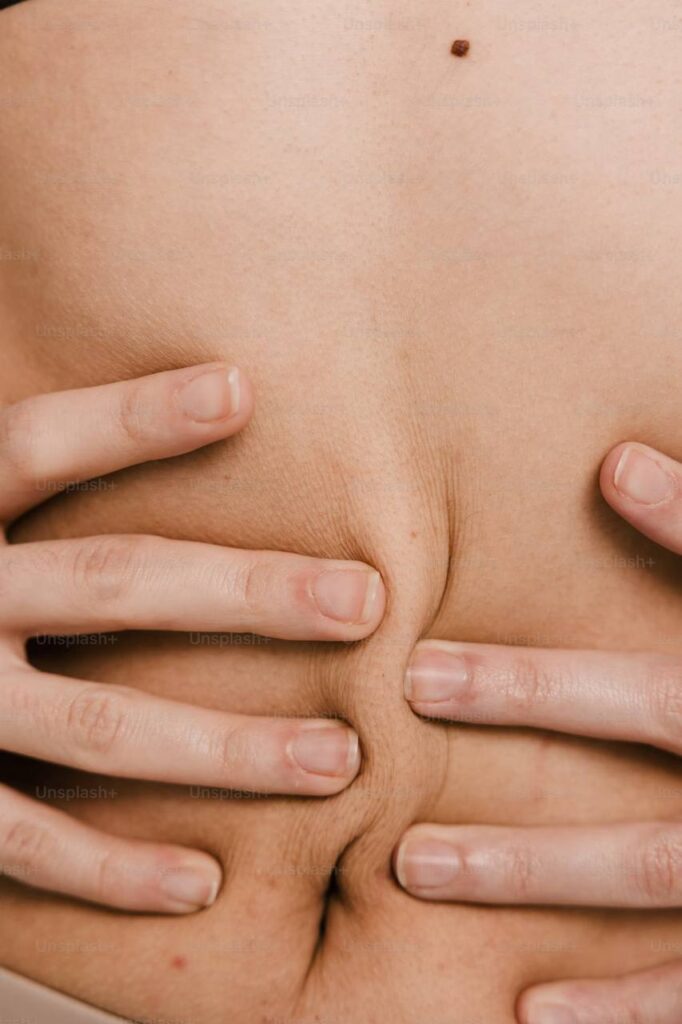In What Ways Does Menopause Impact a Woman’s Physical Health?

Menopause marks a significant transition in a woman’s life, usually occurring around the age of 50. While it’s a natural process, the hormonal changes associated with this phase can have a profound impact on a woman’s physical well-being. Understanding how menopause affects the body can help women navigate this time with greater awareness and confidence.
1. Hormonal Changes and Their Effects
At the heart of menopause are hormonal shifts, primarily a decline in estrogen and progesterone. This can lead to a wide range of physical changes, including irregular periods, hot flashes, and changes in mood. Estrogen plays a key role in many bodily functions, and its decrease can cause several noticeable effects.
2. Impact on Bone Health
As estrogen levels drop, women become more susceptible to bone loss. This condition, known as osteoporosis, increases the risk of fractures and can affect mobility. It’s important for women during and after menopause to ensure they’re getting enough calcium and vitamin D, and to engage in weight-bearing exercises to support bone health.
3. Changes in Metabolism and Weight Gain
Many women notice a shift in metabolism during menopause. A slower metabolism can lead to weight gain, particularly around the abdomen. This is partly due to hormonal fluctuations and a decrease in muscle mass as women age. Regular physical activity and a balanced diet can help manage weight and keep metabolism functioning properly.
4. Cardiovascular Health Risks
Heart health is another concern during menopause. Lower estrogen levels can impact cholesterol levels, leading to an increased risk of heart disease. Women may experience higher blood pressure and more plaque buildup in the arteries, so it’s essential to monitor heart health closely during this time. Maintaining a healthy diet, staying active, and reducing stress are key steps in safeguarding cardiovascular health.
5. Skin and Hair Changes
Estrogen also affects skin health, so as its production decreases, many women notice changes in their skin’s appearance. Skin may become drier, thinner, and less elastic. Hair can also become thinner or lose its previous luster. Moisturizing, using gentle skin care products, and staying hydrated can help combat these effects.
6. Vaginal Health and Sexual Wellness
One of the most common physical changes associated with menopause is vaginal dryness. As estrogen levels drop, the tissues in the vagina can become thinner and less lubricated, causing discomfort during intercourse. This can also lead to other issues, such as urinary incontinence or an increased risk of infections. Consulting a healthcare provider for treatments such as lubricants, hormonal creams, or other options can help alleviate these symptoms.
7. Sleep Disruptions
Sleep patterns can be significantly disrupted during menopause, often due to night sweats or hormonal imbalances. Poor sleep can lead to fatigue, irritability, and decreased quality of life. Establishing a consistent sleep routine, creating a comfortable sleep environment, and managing stress are essential in improving sleep quality during this time.
8. Cognitive Function and Mental Clarity
Many women report experiencing “brain fog” during menopause, which includes memory lapses, difficulty concentrating, and mental fatigue. This may be linked to hormonal changes as well as disrupted sleep patterns. Engaging in activities that stimulate the mind, like puzzles, reading, or learning new skills, can help maintain cognitive function.
Conclusion: Embracing Change with Awareness
Menopause is a natural part of aging, but it can bring significant changes to a woman’s body. Being aware of how these changes affect physical health allows women to take proactive steps to manage symptoms and maintain their well-being. By staying informed and making lifestyle adjustments—such as regular exercise, a balanced diet, and stress management—women can navigate menopause with greater ease and confidence.